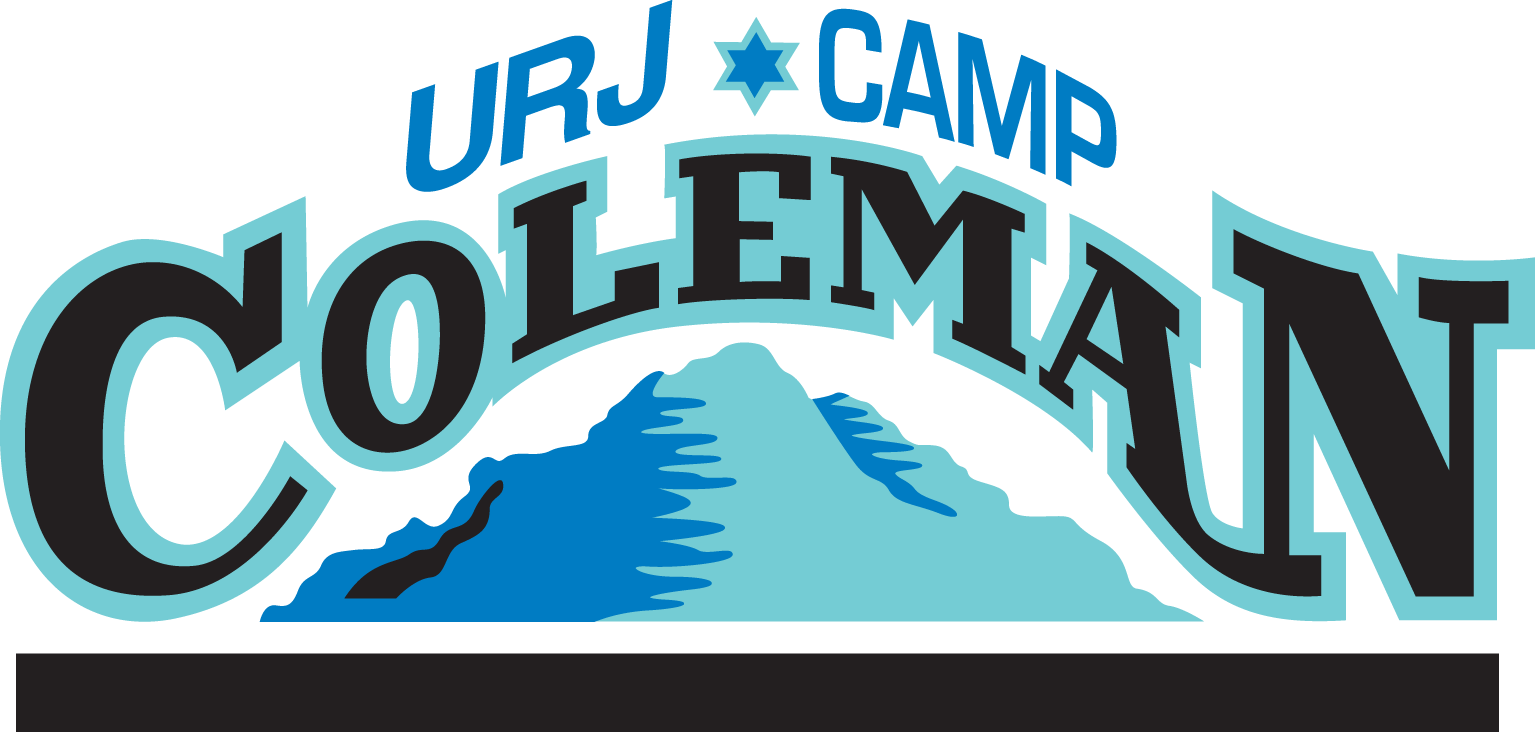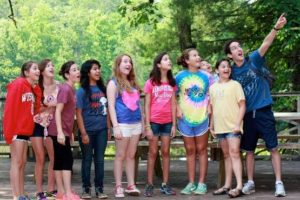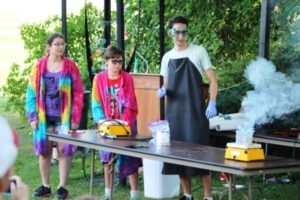By Robbie Berg, Coleman alum and former 6 Points Sci-Tech East Assistant Director
This post was originally posted on URJ 6 Points Sci-Tech Academy’s Blog
It’s another morning, and I’m up before the sun rises. I gently wake up each of the folks I’m taking care of, checking in on them. How are they feeling? How did they sleep? I meet with my co-workers to go over our plan for the day – whom we might need to spend some extra time with, who had a rough day yesterday and needs support, who requires a special meal and who might need some time alone. We work together doing our best to accomplish our plan (though often many unexpected crises occur) long past the sun sets, when we’ll go to bed ourselves to catch some sleep before the next day comes and the cycle starts over again.
To anyone who has worked at summer camp, this routine will be familiar. I spent every summer of college working at URJ Camp Coleman, as a cabin counselor, educator, and unit supervisor. My friends and I who worked at camp know the drill – we’re on call 24/7 for our campers, whether it’s a 3:00 a.m. trip to the health center with a nauseous 8-year-old or returning early from a day off to decorate a camper’s bed for their birthday, we’ll do whatever it takes to ensure the safety and success of our campers.
Years later, I know this routine once again as a medical student working in my clinical rotations in the hospital. I’m in my second year of medical school now, and I feel like I’m back in camp-mode. The specifics of my responsibilities are a little different – now I’m waking up early to check labs, read a patient’s CT scan, place an IV line, or change a wound bandage – but the underlying idea is the same. In medicine, like in camp, a dedicated teammates work together to ensure the safety and success of everyone in their care.
Luckily for me, I was able to hone many skills at camp that are critical in medical school. In camp and in medicine, we never work alone, and communicating efficiently and effectively with those on your team is necessary for success. A tireless work ethic is essential, and both fields require us to continue to push through even when we’re tired, requiring a mastery of time-management and self-care to avoid burning out. At camp, there were always campers who made our jobs difficult – they wouldn’t listen, they picked fights, they just made each day a little bit harder – but our job to provide campers with a safe and amazing summer applied to all of them, not just the ones we liked. And while some patients may be a joy to treat, others may be more challenging for a variety of reasons. Yet it is our job to ensure the safety of all of our patients, an outlook shaped early by my camp experience.
Camp is the perfect pre-medical internship. It played an integral role in my medical school essays and interviews. My classmates joke about “Camp Counselor Robbie” as my dominant personality trait, especially when I’m directing large groups of people, explaining difficult concepts, or helping others work through interpersonal conflicts. Camp inured me to cleaning up a vomit-stained shirt or a bloody knee; after camp, nothing seems gross anymore. And most importantly, camp prepared me for a path filled with long days, deep connections, and time spent dedicated to the health and well-being of others.

Robbie Berg is a second year medical student at Columbia University’s Vagelos College of Physicians and Surgeons. He worked at URJ Camp Coleman in Cleveland, GA for five summers, and spent three years as the Assistant Director of URJ 6 Points Sci-Tech Academy in Byfield, MA.


